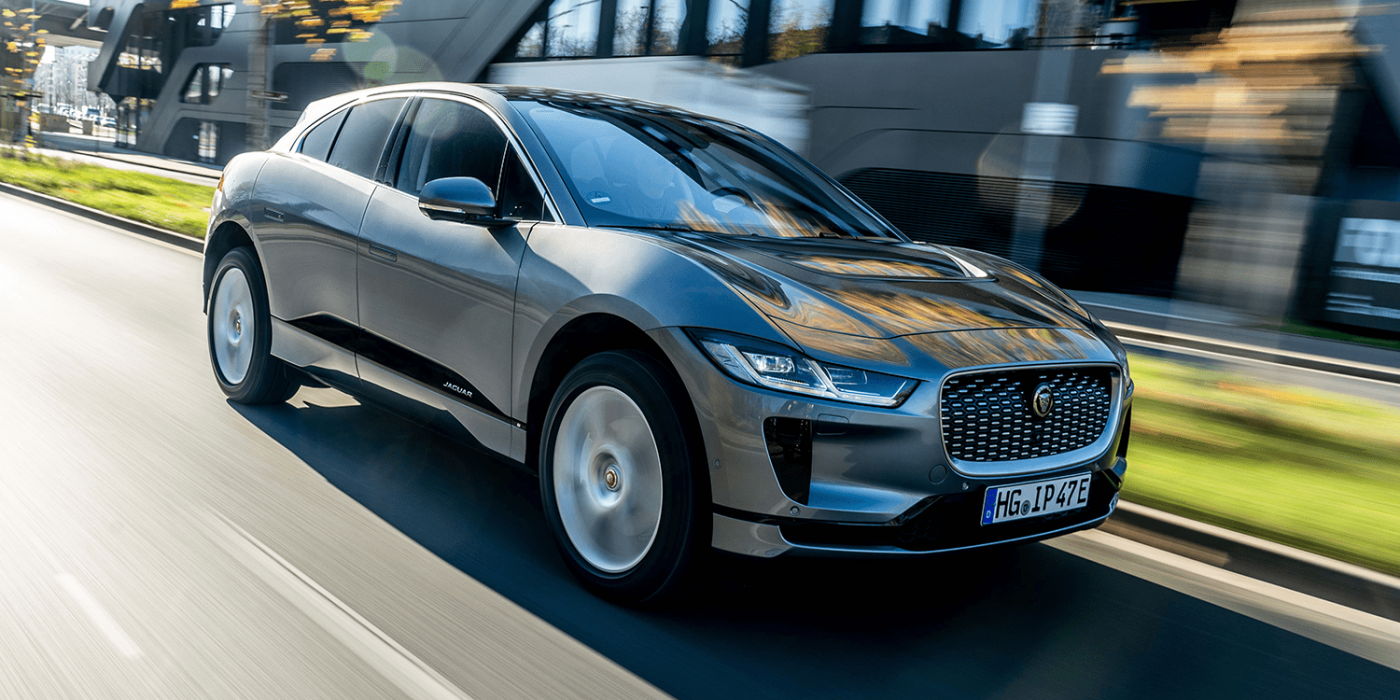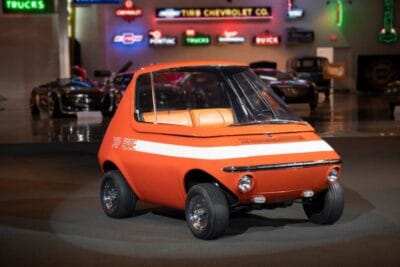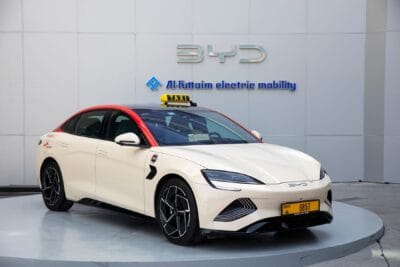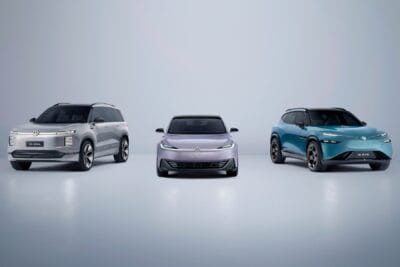Jaguar to be a zero-emission brand by 2025
Big news from Jaguar Land Rover: Jaguar will become a zero-emission car brand from 2025 as part of the JLR strategy ‘Reimagine’. Land Rover plans to greatly expand the number of electric models.
Land Rover will launch six all-electric models in the next five years, the first of which will be in 2024. By the end of the decade, an all-electric variant will be available for all Jaguar Land Rover model ranges.
The measures are part of the ‘Reimagine’ strategy of the new CEO Thierry Bolloré. The former Renault manager took over the chief executive post at JLR from Ralph Speth in September 2020. Although the Jaguar I-Pace was developed under Speth’s leadership, the British company, which belongs to the Indian Tata Group, subsequently only brought plug-in hybrid offshoots of the combustion models onto the market. The production start of a purely electric successor model to Jaguar’s luxury sedan XJ planned for early 2021 could not be kept.
Under Bolloré, JLR now wants to invest 2.8 billion euros annually in electrification and the development of connected services. In doing so, the company is not only developing battery-electric powertrains but says it will also be working on fuel cell powertrains “to be ready for future demand.” In August last year, Jaguar Land Rover announced that it is working with partners in the British government-sponsored ‘Zeus’ project to develop fuel cell versions of its larger vehicles.
“Jaguar Land Rover is unique in the global automotive industry. Designers of peerless models, an unrivalled understanding of the future luxury needs of its customers, emotionally rich brand equity, a spirit of Britishness and unrivalled access to leading global players in technology and sustainability within the wider Tata Group,” Bolloré said. “We are harnessing those ingredients today to reimagine the business, the two brands and the customer experience of tomorrow. The Reimagine strategy allows us to enhance and celebrate that uniqueness like never before.”
By 2030, as mentioned, every model range will be offered with fully electric powertrains. At Jaguar, 100 per cent of sales should then be locally emission-free (which is, of course, logical in view of the electric targets for 2025), at Land Rover the company gives 60 per cent as a target.
As is usual when announcing strategies, JLR is still reticent to make concrete product announcements in the press release, but nevertheless provides some insights into the planning. Jaguar’s electric portfolio “may” include a model called Jaguar XJ – “however, the currently planned XJ successor is not part of this line-up”.
At Land Rover, as mentioned, the first e-model is to be launched in 2024. Regarding their model policy, Land Rover confirms its intention to keep a position as a supplier of high-quality and luxurious SUVs and off-road vehicles with the three model families Range Rover, Discovery and Defender. The Range Rover family includes the Range Rover, Range Rover Sport and Evoque, while the Discovery family includes the namesake large SUV and the smaller Discovery Sport.
The strategy with a focus on sustainability does not only include the drive system of the vehicles: CO2 emissions are to be avoided in the products, the locations and in the supply chain by 2039. To this end, a “core team” has been set up at the company’s headquarters to develop “groundbreaking innovations” in areas such as materials management, technologies, production, service and circular economy.
JLR has not yet revealed when the first model with a fuel cell is to be launched on the market. Development is said to be underway, “supported by a long-term investment programme”. The first prototypes are to be tested on the road in the next twelve months.





0 Comments